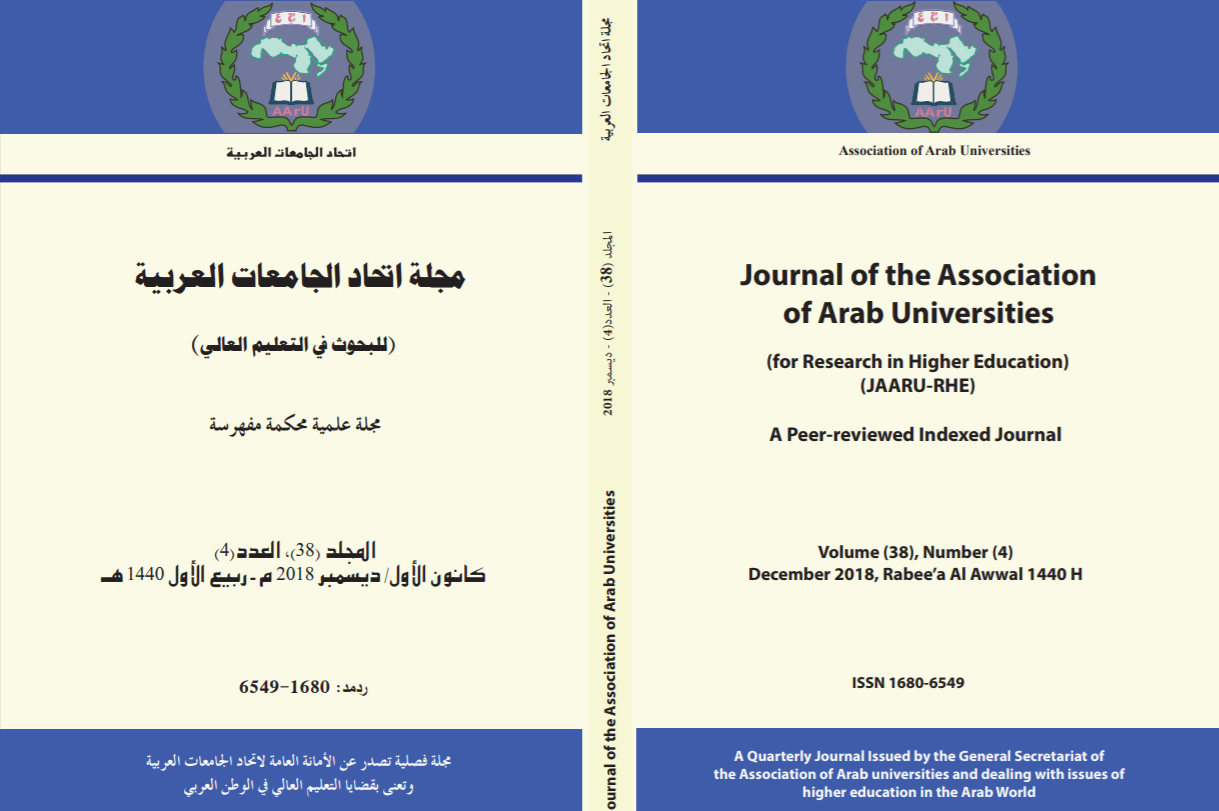Journal of the Association of Arab Universities for Research in Higher Education (مجلة اتحاد الجامعات العربية (للبحوث في التعليم العالي

Abstract
هدف المقال إلى التعرف على موقف مجلس الأمن من التدخل العسكري في ليبيا، وقدّمت الدراسة إطاراً نظرياً لمفهوم التدخل وأنواعه ومشروعيته، واستعرضت الأسباب التي دفعت إلى التدخل العسكري في ليبيا ممثلةً بالفوضى الناجمة عن الربيع العربي. كما استعرضت الدراسة ظروف تدخل الناتو وتركيا في ليبيا. وتوصلت الدراسة إلى أن موقف مجلس الأمن الدولي من التدخل العسكري للناتو في ليبيا كان متوافقاً مع مصالح الدول العظمى في هذه الدولة، فالقرارات التي اتخذها المجلس بخصوص تدخل الناتو في ليبيا 2011 كانت ضمن إطار الفصل السابع من ميثاق الأمم المتحدة، والذي يتيح استخدام القوة ضد الدول، وكانت ذريعة التدخل في ليبيا هي انتهاك النظام الليبي السابق لحقوق الإنسان، وهو ما يعكس الازدواجية في قرارات المجلس بما ينسجم مع مصالح الدول الكبرى، حيث كان موقف مجلس الأمن رافضاً من التدخل التركي في ليبيا في العام 2020، لأن ذلك يتعارض مع مصالح دول عظمى نددت بهذا التدخل، وعلى رأسها حلف الناتو، ودول الاتحاد الأوروبي، والولايات المتحدة الأمريكية.
The article aimed to identify the position of the Security Council on the military intervention in Libya by providing a theoretical framework for the concept of intervention, its types and legitimacy, and reviewing the reasons that prompted the military intervention in Libya, represented by the chaos resulting from the Arab Spring. The study also reviewed the circumstances of NATO and Turkey's intervention in Libya. The study concluded that the position of the UN Security Council on NATO's military intervention in Libya was compatible with the interests of the superpowers in this country; The decisions taken by the Council regarding NATO's intervention in Libya in 2011 were within the framework of Chapter VII of the United Nations Charter, which allows the use of force against states, the pretext for the intervention in Libya was the violation of human rights by the former Libyan regime, which reflects the duplicity of the Council’s decisions in line with the interests of the major powers; Whereas, the position of the Security Council rejected the Turkish intervention in Libya in the year 2020, because that conflicts with the interests of superpowers that have condemned this intervention, led by NATO, the European Union countries, and the United States of America
Recommended Citation
Kharabsheh, Shaker Salem Hamdan
(2024)
"موقف مجلس الأمن الدولي من التدخل الأجنبي في ليبيا 2011-2021 (دراسة مقارنة),"
Journal of the Association of Arab Universities for Research in Higher Education (مجلة اتحاد الجامعات العربية (للبحوث في التعليم العالي: Vol. 44:
Iss.
1, Article 14.
Available at:
https://digitalcommons.aaru.edu.jo/jaaru_rhe/vol44/iss1/14

